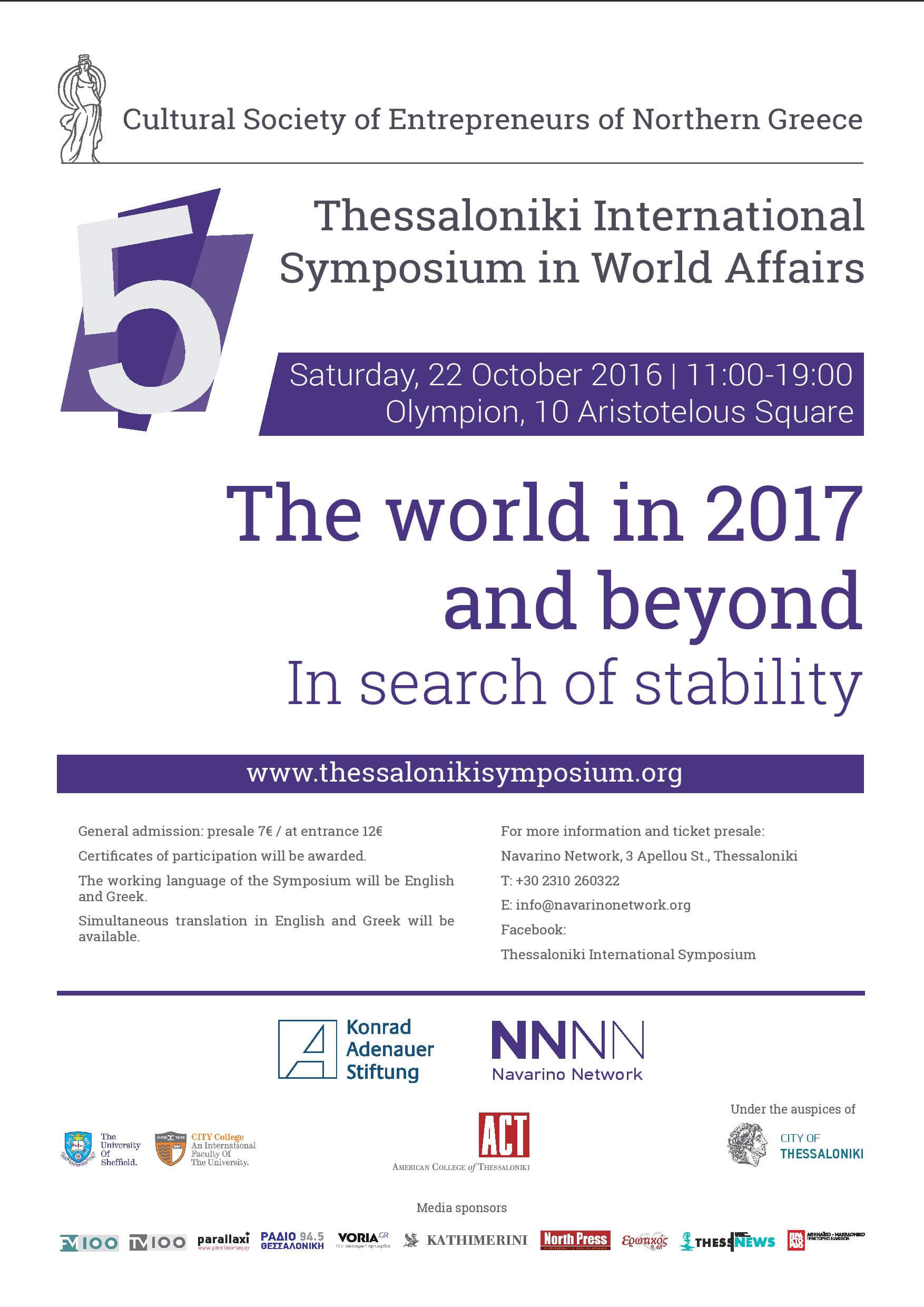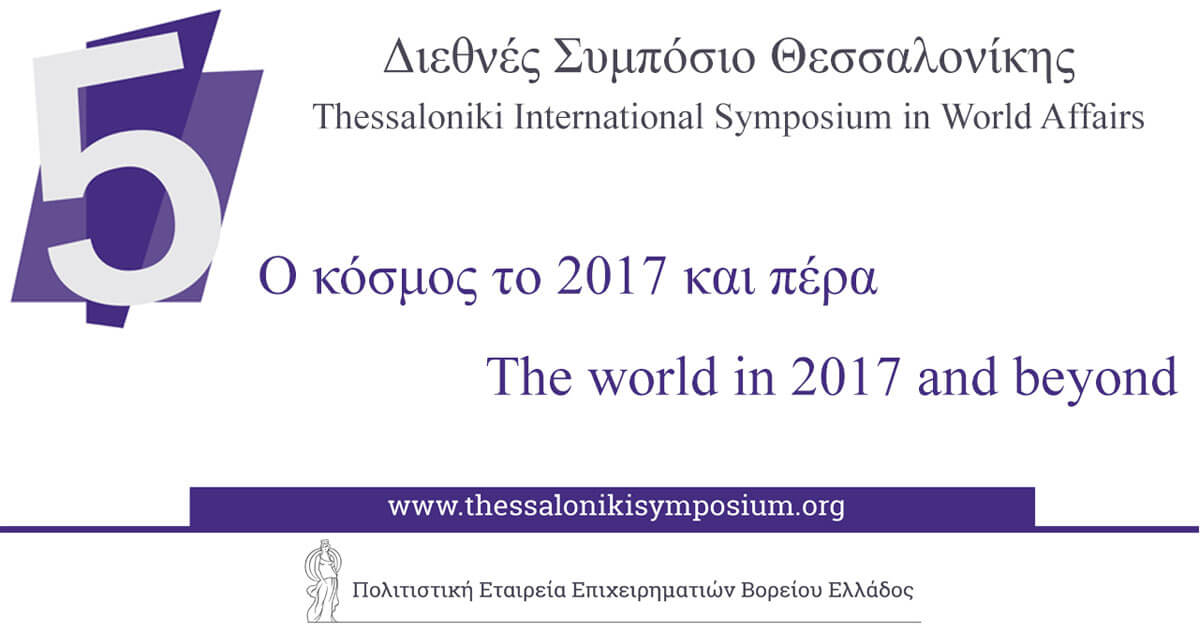Agenda
5th Thessaloniki International Symposium in World Affairs
The world in 2017 and beyond: In search of stability
Thessaloniki, October 22, 2016
10:30 – Registration
11:00 – Welcoming remarks
- Dimitris Keridis, Director, Navarino Network
- Stavros Andreadis, Chairman, The Cultural Society of Entrepreneurs of Northern Greece
- Giannis Boutaris, Mayor of Thessaloniki
- Susanna Vogt, Head of Greece Office, Konrad-Adenauer-Stiftung
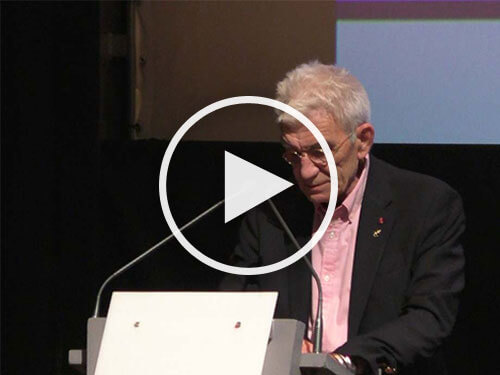
Managing human flows in the age of globalization
11:10 – Europe in crisis: Refugees, Brexit, Grexit and all that…
- Dimitrios Avramopoulos
European Commissioner for Migration, Home Affairs and Citizenship
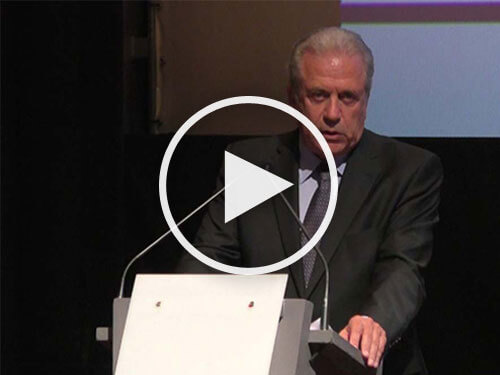
Speaker’s short bio
Dimitris Avramopoulos is the European Commissioner for Migration, Home Affairs and Citizenship since November 2014. Before becoming European Commissioner, Mr. Avramopoulos was Minister of National Defence of Greece (two terms), Minister of Foreign Affairs, Minister of Tourism Development, Minister of Health and Social Solidarity and Mayor of Athens (two terms). He was elected Member of the Parliament several times with the “New Democracy” party (1993, 2004, 2007, 2009 and 2012). Mr. Avramopoulos served in the Diplomatic Service of Greece from 1980 until 1993. Mr. Avramopoulos completed his studies at the Faculty of Law and Political Sciences at the University of Athens and his postgraduate studies on International Organisation at the Universite libre de Bruxelles (ULB). Mr. Avramopoulos, is an Honorary Doctor of ADELPHI University (New York), DREXEL University (Philadelphia), KINGSTON University, European College of Parma (Italy) and DEREE College (Athens). He is also Honorary Professor of Peking University (Beijing) and of the State Academy of Technological Sciences of Moscow.
Mr. Avramopoulos has been bestowed awards and state decorations from many countries: Austria, Bulgaria, Cyprus, Estonia, Finland, France, Greece, Germany, Kazakhstan, Luxembourg, Malta, Poland, Portugal, Spain, Sweden, Vatican, Venezuela, Yugoslavia and Lebanon. He has also been presented with highest distinctions from 42 cities and Municipalities and he has been bestowed the Honorary Citizenship of 40 Greek cities.
11:30 – Migrants, refugees and how to cope with them?
- Demetrios Papademetriou,
President of MPI Europe, President Emeritus of MPI
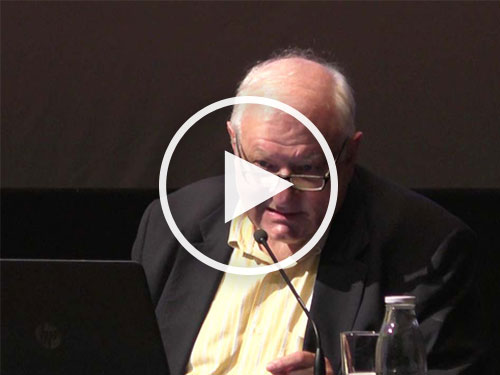
Speaker’s short bio
Demetrios G. Papademetriou is Distinguished Senior Fellow, President Emeritus, and a member of the Board of Trustees of the Migration Policy Institute (MPI), a Washington-based think tank dedicated exclusively to the study of international migration. He is also Founder and President of Migration Policy Institute Europe, a nonprofit, independent research institute in Brussels with similar aims to those of MPI. Papademetriou convenes the Transatlantic Council on Migration, a body of senior public figures, business leaders, and public intellectuals from Europe, the United States, and Canada that conducts policy research and offers policy advice on all aspect of migration; convened the Regional Migration Study Group (2012-2015) that developed new regional and collaborative approaches to migration, competitiveness, and human capital development for the United States, Canada, Mexico and Central America; and has chaired the World Economic Forum’s Global Agenda Council on Migration (2009-2011) and the Advisory Board of the Open Society Foundations’ (OSF) International Migration Initiative (2010-2015).
Dr. Papademetriou has also chaired the Migration Committee of the OECD; served as Director for Immigration Policy and Research at the US Department of Labor and as Chair of the Secretary of Labor’s Immigration Policy Task Force (1988-92); has been Executive Editor of the International Migration Review; and co-founded and chaired (1995-2000) Metropolis: An International Forum for Research and Policy on Migration and Cities.
He has published more than 270 books, articles, monographs, and research reports on migration topics and advises foundations and other grant-making organizations, and senior government and political party officials, in dozens of countries.
11:50 – Europe and the refugee crisis: What next?
- Gerald Knaus,
Chairman, European Stability Initiative
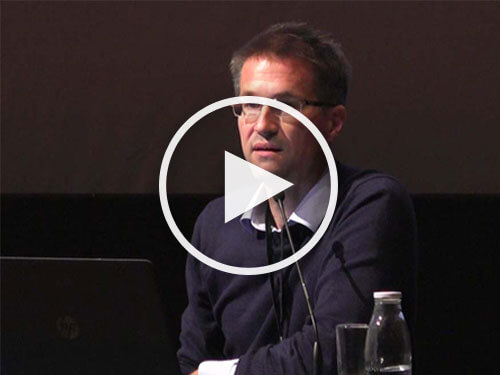
Speaker’s short bio
Gerald Knaus (Austria) is ESI’s founding chairman and a Mercator senior fellow in Istanbul. He studied in Oxford, Brussels, and Bologna, taught economics at university in Ukraine in 1993/94 and spent five years working for international organizations in Bulgaria and Bosnia and Herzegovina. 2001 to 2004 he was director of the Lessons Learned Unit of the EU Pillar of the UN Mission in Kosovo. In 2011, he co-authored the book “Can Intervention Work?”.
He is a founding member of the European Council on Foreign Relations and was for five years an Associate Fellow at the Carr Center at Harvard University’s Kennedy School. He writes his blog on www.rumeliobserver.eu.
12:20 – The practices, politics and policies of European Free Movement in a time of crises
- Majella Kilkey,
Reader in Social Policy, University of Sheffield
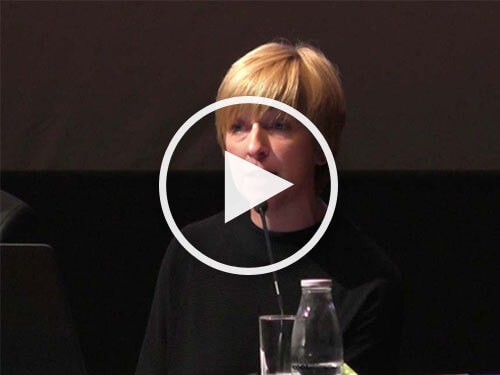
Speaker’s short bio
Majella Kilkey is Reader in Social Policy in the Department of Sociological Studies at the University of Sheffield, UK, where she co-directs the Faculty of Social Sciences Migration Research Group. Her research is positioned at the intersection of migration and family studies, with a particular focus on intra-EU mobility, including the impacts of enlargement and economic crisis. Recent books include Family Life in an Age of Migration and Mobility (edited with Ewa Palenga-Mollenbeck, Palgrave 2016) and Gender, Migration and Domestic Work (with Diane Perrons and Ania Plomien, Palgrave 2013).
Majella is recipient of a number of research awards, including from the UK Economic and Social Research Council, the European Commission, Fritz Thyssen Foundation and Riksbanken Foundation, and she currently leads the University of Sheffield’s contribution to the Jean Monnet network MIGRATE (2017-2019) co-ordinated by SEERC, Thessaloniki. Majella Kilkey is an executive member of the UK Social Policy Association, and co-editor of the journal Social Policy and Society published by Cambridge University Press. In the 2016-17 academic year she is the Jacques Leclercq Chair, Universite catholique de Louvain.
12:50 – Discussion and Q&A moderated by Dimitris Keridis
13:30 – Lunch break
The never-ending crisis: Europe, the euro and the new politics of protest
14:30 – The new Greek economic crisis: Can we hope for a recovery?
- Gikas Hardouvelis,
Professor of Finance & Economics, University of Piraeus
Former Minister of Finance
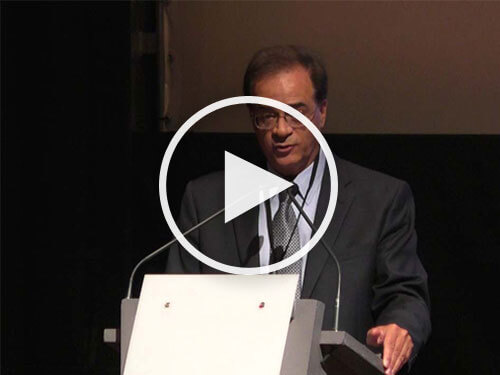
Speaker’s short bio
Gikas A. Hardouvelis, a former Finance Minister of Greece (June 2014-January 2015), is Professor of Finance & Economics in the Department of Banking & Financial Management of the University of Piraeus. In the past, he has also served the Hellenic Republic from the post of Director of the Prime Minister’s Economic Office, first in May 2000- March 2004 and, more recently, in November 2011-May 2012.
Hardouvelis holds a PhD degree in Economics from U. C. Berkeley (1983) and MSc & BA degrees in Applied Mathematics from Harvard University (1978). He has been Assistant Professor at Barnard College, Columbia University (1983-1989), Associate and subsequently Full Professor at Rutgers University (1989-1993). He was included in the Hall of Fame of the top-50 individual academic publishers worldwide in applied econometrics over the period 1989 to 1995.
Hardouvelis was the Chief Economist of National Bank of Greece (1996-2000) and of Eurobank EFG (2005-2011). He has extensive central banking experience at the Federal Reserve Bank of New York from 1987 to 1993, and the Bank of Greece from 1994 to 1995, when he served as Alternate to the Governor at the European Monetary Institute, at a time when the Eurosystem was being designed.
15:00 – The return of political risk: BREXIT, Grexit and beyond
- Wolfango Piccoli,
Co-President and Director of Research, Teneo Intelligence
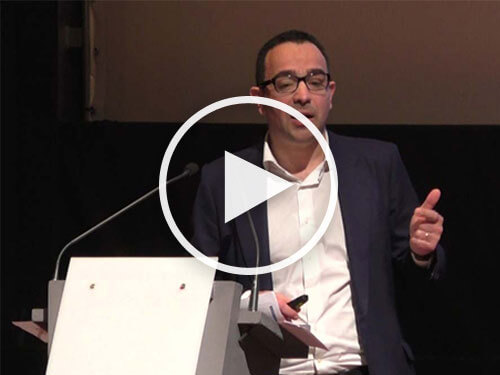
Speaker’s short bio
Wolfango Piccoli is Co-President of Teneo Intelligence. Based in London, he serves as Director of Research and also covers political risk in Europe, with a special focus on Italy, Greece and Turkey. Prior to joining Teneo, Piccoli was the director of the London office and head of the Europe practice at Eurasia Group, where he was responsible for advising financial, corporate and government clients on political developments in Europe. Previously, he was an assistant professor in the Department of International Politics and an Economic and a Social Research Council (ESRC) post-doctoral fellow at the University of Wales, Aberystwyth. Piccoli is a frequent commentator on European politics in major media outlets, including the International Herald Tribune, the Financial Times, CNN International, CNBC, BBC, Bloomberg, CNBC Europe and Al-Jazeera English.
He also co-authored the book Turkey at the Crossroads: Ottoman Legacies and a Greater Middle East, which was published in English and Turkish. Piccoli holds a PhD in International Politics from the University of Wales, Aberystwyth, and an M.A. in International Relations from the University of Bilkent (Ankara). He received his Bachelor’s degree from the University of Bologna.
15:25 – In Wartime: Understanding the War in Ukraine
(video message)
- Tim Judah,
Journalist and political analyst, The Economist

Speaker’s short bio
Tim Judah covers the Balkans, and sometimes other places, for the Economist. For much of 2014-15 though he was in Ukraine, covering the story for the New York Review of Books and writing a book which was published in December called: In Wartime: Stories from Ukraine.
He is the author of three books on the Balkans: The Serbs: History, Myth and the Destruction of Yugoslavia and Kosovo: War & Revenge. The third, Kosovo: What Everyone Needs to Know was published at the end of 2008.
From 1990 to 1991 he lived in Bucharest and covered the aftermath of communism in Romania and Bulgaria for The Times and The Economist. After that he moved to Belgrade for both publications in order to cover the war in Yugoslavia. He moved back to London in 1995 but continues to travel frequently to the region.
In 2009 he was a Senior Visiting Research Fellow at the South East European Research Unit of the European Institute at the London School of Economics. Since 11 September 2001 he has also covered many other parts of the world for The Economist and the New York Review of Books amongst others. These have included Afghanistan, Iraq, North Korea, Darfur and Haiti. In 2008 he published a book for Reportage Press Bikila: Ethiopia’s Barefoot Olympian.
15:30 – Dividing Europe anew?
- Vladimir Gligorov,
Senior Economist, The Vienna Institute for International Economic Relations Studies
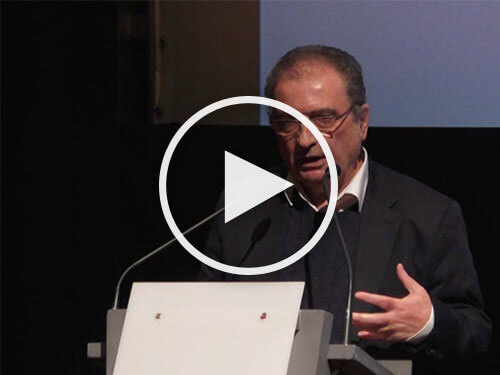
Speaker’s short bio
Vladimir Gligorov is Senior Economist at the wiiw and country expert for Balkan countries, in particular Serbia, Montenegro and Macedonia. His research focuses on long-term growth in transition countries, macroeconomic analysis and financial markets. He is a lecturer at the University of Vienna. Vladimir Gligorov has been a regular contributor to Oxford Analytica (Oxford and New York). He has contributed opinion pieces to the Wall Street Journal and writes regular columns for several newspapers and weeklies in Southeast Europe.
16:00 – Can the European project be saved?
- Loukas Tsoukalis,
Professor of European Integration, University of Athens
President of the Hellenic Foundation for European and Foreign Policy (ELIAMEP)
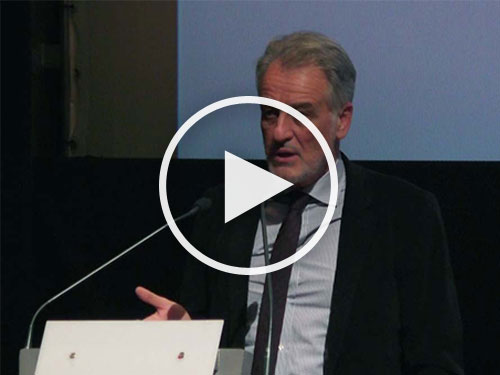
Speaker’s short bio
President, Hellenic Foundation for European and Foreign Policy, Athens; Professor of European Integration, University of Athens; Visiting Professor, King’s College London and College of Europe, Bruges. In 2016, he was Visiting Professor at the Kennedy School, Harvard University. He has taught in leading universities including Oxford, London School of Economics, Sciences Po, Paris and the European University Institute, Florence. Formerly: special adviser to the President of the European Commission. His latest book ‘In Defence of Europe: Can the European Project Be Saved?‘ was published by Oxford University Press in 2016. The Greek edition of the book will follow soon.
16:30 – Q&A
- Moderated by:
Dimitris Nikolaidis
Head of Department, Senior lecturer, International faculty, City College
Discussant:
Antonis Papagiannidis
Journalist, Attorney-at-Law
17:00 – Coffee break
17:30 – Democracy and its discontents – The 2016 U.S. presidential election: The end of politics as we know it?
- Brady Kiesling,
Writer and retired US diplomat
Senior Associate Member, American School of Classical Studies, Athens
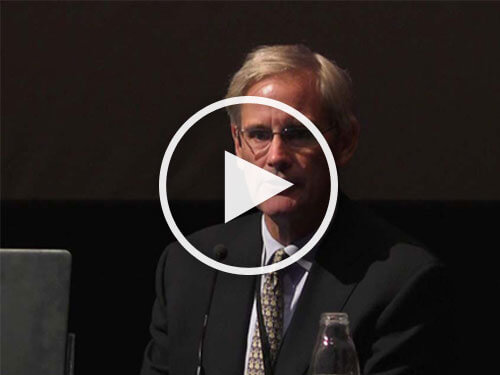
Speaker’s short bio
Brady Kiesling joined the U.S. State Department in 1983, and served in Israel, Morocco, Greece, Armenia, and Washington. In February 2003, he resigned as chief of the Political Section of the U.S. Embassy in Athens to protest impending war with Iraq. He is the author of Diplomacy Lessons: Realism for an Unloved Superpower; Greek Urban Warriors; and ToposText (a free Greek culture app). Kiesling is a former secretary of Democrats Abroad Greece.
18:00 – Turkey after the coup
- Karabekir Akkoyunlu,
Assistant Professor, Centre for Southeast European Studies,
University of Graz
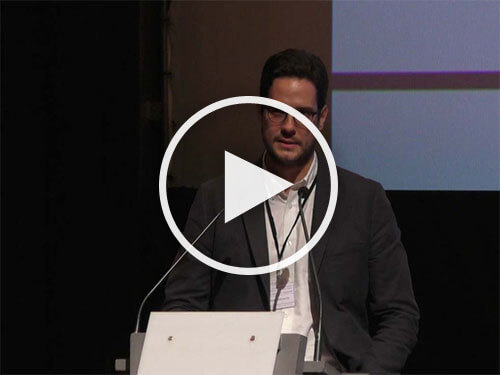
Speaker’s short bio
Karabekir Akkoyunlu is Assistant Professor of Modern Turkey at the Centre for Southeast European Studies, University of Graz. He completed his PhD in comparative politics at the LSE on the transformation of hybrid regimes in Turkey and Iran. He studied Persian at Isfahan University and taught courses on Middle East politics and theories of democracy and democratization at the LSE. In 2011 – 2012, he was a research associate at the Southeast European Studies at Oxford (SEESOX).
He has published extensively on Turkish politics, society and foreign affairs, and has been a frequent contributor to fora such as Open Democracy, Al Monitor, CNN International and Huffington Post. Akkoyunlu is the co-author of “Western Condition: Turkey, the US and the EU in the New Middle East” (SEESOX Book Series, 2013) and the author of “Military Reform and Democratisation: Turkish and Indonesian Experiences at the turn of the Millennium” (IISS Adelphi Paper, no.392, 2007). He is currently working with the Cambridge University Press for the publication of his PhD research as a monograph.
18:30 – Discussion and Q&A
19:00 – End of the symposium
Multimedia
